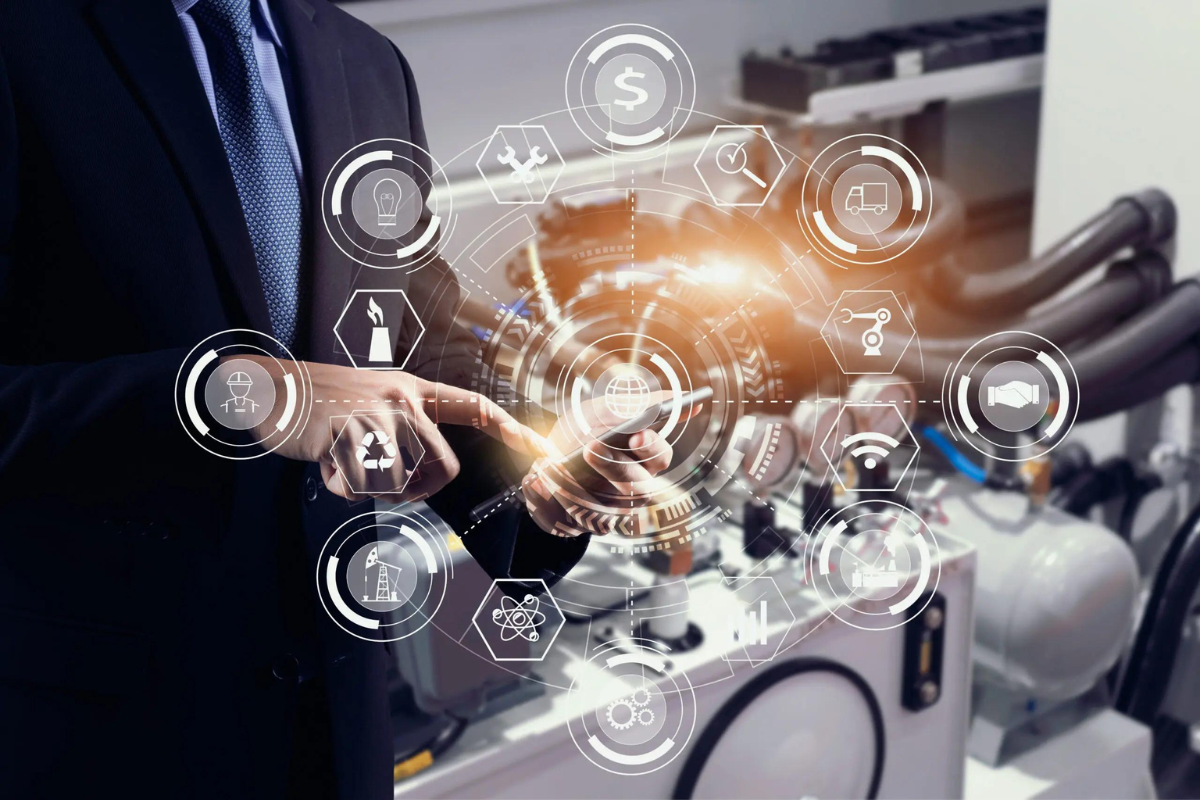The business landscape is rapidly evolving, and the Internet of Things (IoT) is one of the key drivers of this transformation. This disruptive technology is changing the game for companies across industries, empowering them to stay connected with customers and provide unparalleled customer experiences. In this article, we will explore how IoT is shaping the future of business and the public sector, and how organizations can leverage this technology to drive economic growth and improve citizen services.
IoT is revolutionizing the way companies interact with their customers, enabling them to gain unique insights into consumer behavior and buying trends. This data can be used to develop innovative solutions that transform the way consumers access information and purchase goods and services. With the ability to collect valuable data from connected devices, businesses can optimize their operations and increase economic benefits. Initiatives such as predictive maintenance and resource management alone have the potential to generate economic impacts of up to $11 trillion by 2025.
According to IDC, worldwide IoT spending is expected to rise to $1.4 trillion by 2021, with the public sector being no exception to this trend. IoT has already become a major player in transforming the public sector, with new projects underway to keep citizens connected and continuously improve city services. The UK government has pledged to invest £40 million in IoT to make the country a leader in innovative technologies. Since then, a number of cities in the UK have made significant strides in their smart city journey.
London is one such city that has been at the forefront of implementing urban innovations for its citizens. For example, the NHS Testbed THIUM for Dementia is pioneering the use of IoT for dementia patients. Connected devices allow clinicians to monitor their patients’ safety and well-being while they are at home, with real-time alerts in case of problems. Smart London is another initiative aimed at improving air quality monitoring using IoT, mobile and Big Data technologies. This is an important project, given the recent alarming CO2 emissions originating from London, with air pollution now becoming the world’s fourth-leading fatal health risk.
IoT is also changing the game for other industries, such as agriculture, healthcare, and transportation. For example, smart farming uses IoT sensors to monitor soil, weather, and crop health, allowing farmers to optimize their operations and increase yield. In healthcare, IoT is being used to monitor patients remotely, enabling doctors to provide better care and reduce hospital readmissions. In transportation, IoT is being used to track assets, optimize routes, and reduce fuel consumption.
Takeaway
The Internet of Things (IoT) is not just a buzzword, but a game-changing technology that has the potential to transform the way businesses and governments operate. The ability to collect, process, and analyze real-time data from IoT devices provides valuable insights that can be used to optimize operations, improve services, and increase economic benefits.
IoT is still in its early stages, and the opportunities it presents are limitless. With the continuous advancements in technology, we can expect even more innovative applications of IoT in the future. From improving supply chain management and enhancing customer experiences to creating more efficient energy systems and reducing carbon footprints, the possibilities are endless.
Businesses and governments that adopt IoT have a competitive advantage over those that do not. They have access to data that can help them make informed decisions, optimize processes, and create new revenue streams. By embracing IoT, organizations can improve their agility, increase efficiency, and enhance their overall performance.
As IoT continues to evolve, it is crucial for businesses and governments to stay up-to-date with the latest advancements and innovations in the field. The potential benefits of IoT are immense, but organizations must be willing to invest in the technology and adapt to its rapid pace of change.
In summary, the future of business is intrinsically tied to IoT, and it will be those that leverage this technology that will thrive in the years to come. IoT is not just a trend; it is a catalyst for innovation and growth. So, let us embrace IoT and unlock its full potential to revolutionize the way we live and work.

